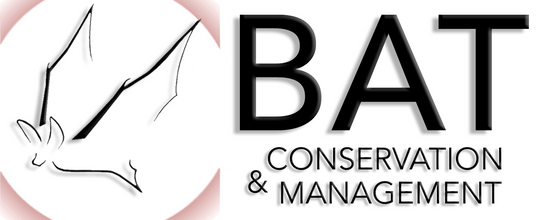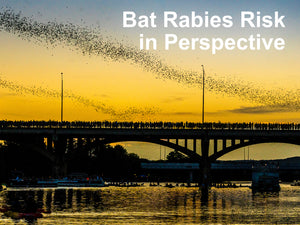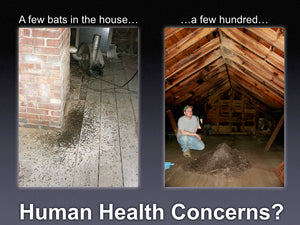Concerns for COVID-19 Bat Management in North America
04/09/2020
Merlin D. Tuttle
I am writing in response to the unprecedented situation now presented by COVID-19 in North America. Early suggestions regarding potential transmission of SARS-CoV2 from humans to bats have raised serious concerns among research colleagues, rehabilitators, and cavers. In perusing available knowledge, I agree with veterinarian, Renee Schott. She has pointed out that we can’t control the public and their interactions with bats. Also, she notes that “COVID is everywhere in the U.S. right now. If North American bats can get it, they will get it.” She further warns that inappropriate restrictions could hasten the spread.
I sympathize with federal and state agencies who will be expected to take protective actions. Nevertheless, premature action could prove worse than none at all. SARS-CoV2 is already present worldwide, and bats appear highly resistant to coronaviruses. We seem to be considering rather serious actions to ward off threats not yet proven to exist and that may have serious unintended consequences.
Researchers unable to rapidly comply with new restrictions are already facing costly disruptions and termination of projects essential to conservation. Rehabilitators, forbidden to further assist bats, are reporting high-risk public actions. How would caving restrictions be enforced in state and federally managed tour caves, for example at Mammoth Cave or Carlsbad? And how could long-term restrictions on public access to other caves be enforced? What are the potential consequences of frightening the public with hypothesized disease transmission from mere breathing?
When faced with the choice of protecting bat benefits versus one’s family from potential death, the outcome is clear. Public overreaction to hypothetical threats of disease from bat droppings, or even bat breath, could prove disastrous, leading to intolerance and widespread killing of bats. Media speculation has already caused harm that may last for decades.
Regardless of presence in bats, new COVID strains in humans and other animals likely will appear. State and federal agencies, who have a responsibility to protect wildlife, cannot stop all interactions with wildlife, and bats are far from the only animals that can contract COVID. It’s already in cats and dogs.
As veterinarian, John Huckabee, has suggested for bat rehabilitators, the watchful eyes of researchers and cavers could prove invaluable, both in protecting bats from fearful humans and in providing early surveillance. We can only hope that government decision makers will consider the Hippocratic oath—first do no harm.
For further information on the COVID-19 pandemic and how it relates to bats, please read my editorial “A Viral Witch Hunt” published in the March 27 edition of Issues in Science and Technology.
- Merlin Tuttle



